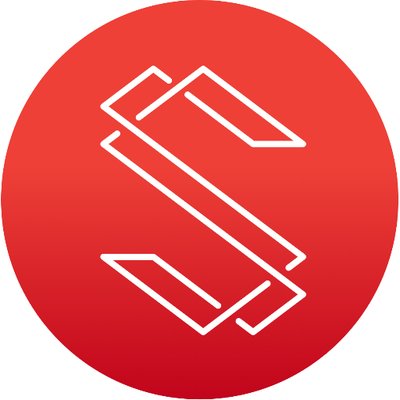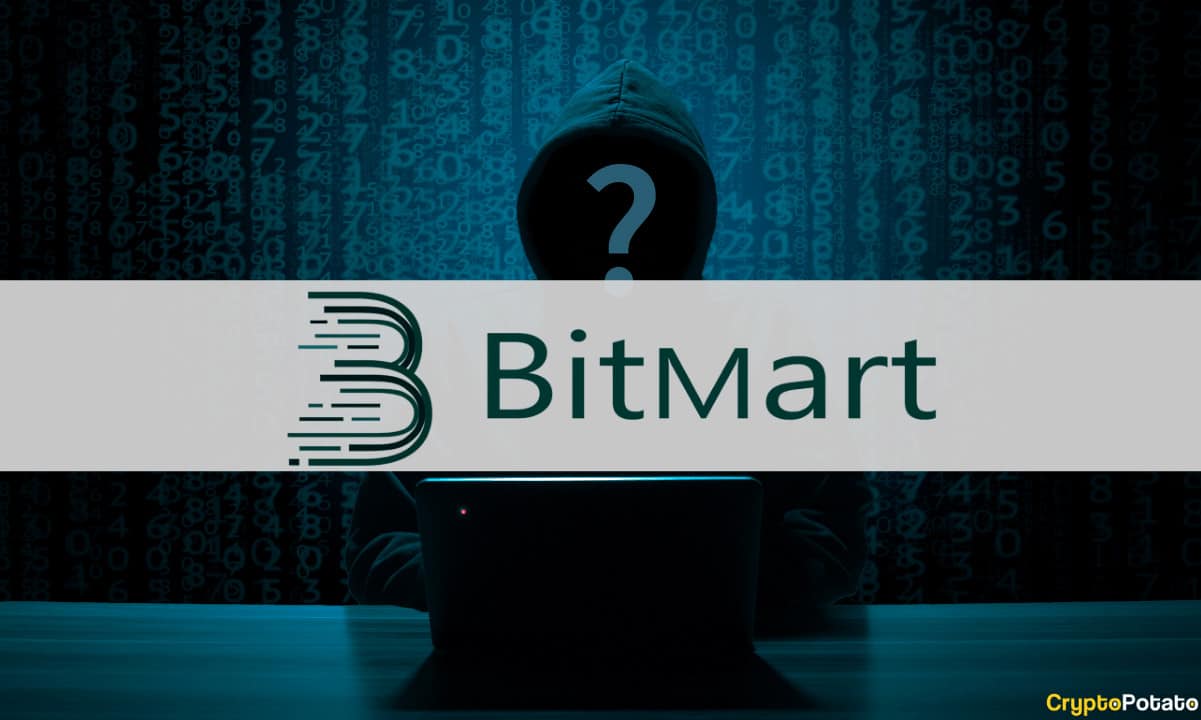Substratum is a blockchain project that’s attempting to build the foundation for a decentralized internet. The project’s mission is to create a free and fair internet of the future by using blockchain technology to solve many of the problems that plague the modern internet.
Substratum wants to liberate the internet and provide users with unrestricted access to content from anywhere in the world. It essentially wants to do for the internet what Satoshi Nakamoto wanted to do to money with Bitcoin.
The decentralized internet will use independent nodes to provide a web experience that is both secure and open. Users will be able to access web content and services without having to deal with ISP interference, informational gatekeepers, and corporate or governmental surveillance and restrictions.
The project is being developed by Justin Tabb, one of the founders of Overridepro, a US-based software development firm that has reportedly developed and deployed software solutions for several Fortune 100 companies, including Facebook, Apple, HP, Disney, and more.
Abram Cookson is Substratum’s CIO and co-founder. Team members include B.J Allmon, Senior Software Engineer; Steve Swing, CTO; Dan Wiebe, Technical Lead; and Christian Pope, CMO.
How Substratum Works
Substratum is made up of a network of nodes that act as miniature servers and deliver secure content anywhere in the world using industry-leading cryptography. Network participants are incentivized to rent out their unused computing resources in exchange for Substrate (SUB), Substratum’s token. Hosting is billed as needed, meaning site owners will only need to pay for hosting when a user visits their website.
End users won’t need any special software to access the Substratum network. It will integrate into existing internet frameworks and browsers so users won’t have to change how they interact with the web. Substratum will provide an API and SDK for developing applications directly on the platform to encourage a strong developer presence and help accelerate the growth of the decentralized web.
The Substratum network will be self-governed; participants will vote on the removal of bad actors that are identified on the network (child pornographers, terrorists, etc.). If a consensus is reached, their content will be removed. The voting algorithm will consider several variables before removal, including each user’s SUB count, how long they’ve been a member, and their voting frequency. This is meant to prevent large groups from gaming the system and minimize the impact of opinion-based or political voting.
The biggest concern for the network is privacy and security. Substratum plans to solve those problems using “advanced cryptography algorithms rooted in artificial intelligence” to ensure all data remains secure, but the white paper doesn’t provide any technical details.
SubstratumNode
SubstratumNode refers to the network of computers that link all of Substratum’s interactions. Anyone can rent out their unused computer resources in exchange for SUB. Users don’t need SUB to run a SubstratumNode, but they will need a valid Substrate wallet address for receiving SUB during designated payout periods.
Substratum will provide nodes with a network client for controlling how much GPU, CPU, and RAM they want to let the network use. Users can choose what times and days of the week they want to allow hosting so they can earn as much Subtrate as possible without interfering with their day-to-day lives.
SubstratumHost
Substratum wants to drastically reduce hosting costs by offering peer-to-peer hosting service called SubstratumHost. Hosting is billed as needed and site owners will only get charged when people visit their websites. This will serve as an alternative to centralized hosting services like Amazon, GoDaddy, and others, which charge on a monthly basis regardless of whether or not a site owner gets any hits.
In addition to significant savings in hosting costs, SubstratumHost will have very low latency and almost zero downtime. Substratum uses advanced compression algorithms, machine learning, and geolocation to serve content to a user based on location, which will guarantee fast load times. The decentralized nature of the network ensures websites will never experience downtime as long as at least one node is operational.
SubstratumDNS
SubstratumDNS (Domain Name System) is the network’s DNS system. It will receive DNS requests along with the location of the requester and find the closest available SubstratumNode to fulfill the request. It will use the existing DNS framework of the internet to deliver content to browsers.
The main difference between SubstratumDNS and existing DNS systems is the process of receiving requests from the users and delivering requested data. SubstratumDNS uses a geolocation data to identify the closest nodes, allowing them to receive the fastest response possible.
SubstratumStore
SubstratumStore is a decentralized app store where developers can submit DApps. It will function as an app repository for Substratum’s decentralized internet, similar to how the Google Play Store is the main app repository for Android applications.
SubstratumPay
SubstratumPay is a payment gateway that will enable both credit/debit card and crypto transactions on websites and applications built on the Substratum network. Like Ripple and XRP, SubstratumPay will use SUB as the bridge coin for network transactions.
For example, a user with LTC who wants to pay a retailer who only accepts BTC can execute a micro-transaction that will convert their LTC to SUB and send it to the payment gateway, where it will be converted to BTC and sent to the retailer. The conversion will occur seamlessly in the background.
Cryptopay
Cryptopay is an online wallet for storing, transferring, and spending fiat currencies (GBP, EUR, and USD) and cryptocurrencies (BTC). It provides easy access to the cryptocurrency world by giving users a secure wallet and the ability to buy BTC, LTC, and XRP with their debit or credit card at fair rates and low fees.
Substratum will bring in Cryptopay to support SUB, allowing websites and dApps to process transactions using any coin on the market. Adding Cryptopay to a website is similar to adding Paypal or Stripe as a payment gateway. It provides tools for adding cryptocurrencies as an option during checkout. The vendor sets the currency they want to be paid in and Cryptopay will use SUB as a conversion currency.
Substrate Token (SUB)
Substrate (SUB) is Substratum’s native token and the fuel of the network. SUB tokens are made up of Atoms. The two are a rough linguistic equivalent of dollars and cents. Any SUB after a decimal point is considered an Atom. For example, 365.96 SUB is equal to 365 Substrate and 96 Atoms.
Substrate will be used as payment to incentivize users to run the Substratum network client on their machines. The coins are issued to the serving node through micro-transactions, but only when content is requested by a user in order to reduce the overall hosting costs for companies and entities.
SUB Trading Volume, Pricing and Market Cap
SUB was launched in an ICO that ended on September 14, 2017. The total supply of SUB caps at 592 million tokens. They are distributed as follows:
– 50 million tokens were sold to Render Payments during the ICO
– 10 million tokens are set aside for the founders
– 5 million tokens are set aside for team leads
– 56.5 million tokens are set aside for advisors
– 120 million tokens have been burned since the ICO
– 350 million tokens are in the circulating supply
The Substratum team plans to remove excess tokens that weren’t purchased during the ICO from the circulating supply in three token burn events. They believe burning the tokens will raise the value of SUB.
Two of the events were held on September 24 and October 4, 2017, and reduced the total supply from 592 million to 472 million, which is the amount currently listed on CoinMarketCap. The final token burn will be held four days after SUB is listed on Bittrex. No official date has been set for that event.
SUB’s price history has gone through some extreme changes since its launch. It was initially valued at ~$0.04 USD with a market cap of ~$12 million USD in September 2017. Its price suddenly spiked to reach an all-time high of $3.13 with a whopping $706 million market cap during the first week of January 2018, and then crashed to less than ~$0.05 USD by February 2018. Some SUB investors have accused the Substratum team of orchestrating a pump-and-dump scheme, but those allegations will likely never be substantiated.
Buying, Storing and Selling SUB
SUB can be acquired from Binance, BiteBTC, Kucoin, HitBTC, COSS, OKEx, and Bitbns.
SUB is an ERC20 token and it can be stored in any wallet that supports that standard, including Jaxx, MetaMask, MyEtherWallet (MEW), Mist, Parity, and Exodus. Hardware wallet options like Trezor and the Ledger Nano S should also work.
Liquidity of SUB
SUB has terrible market liquidity. The strong allegations of a pump-and-dump scheme, the lack of any technical details in the white paper, the fact that the Substratum codebase is closed source, and the failure of the Substratum team to deliver important software releases long after scheduled deadlines has completely shattered investor confidence. Interested investors should trade with care.








